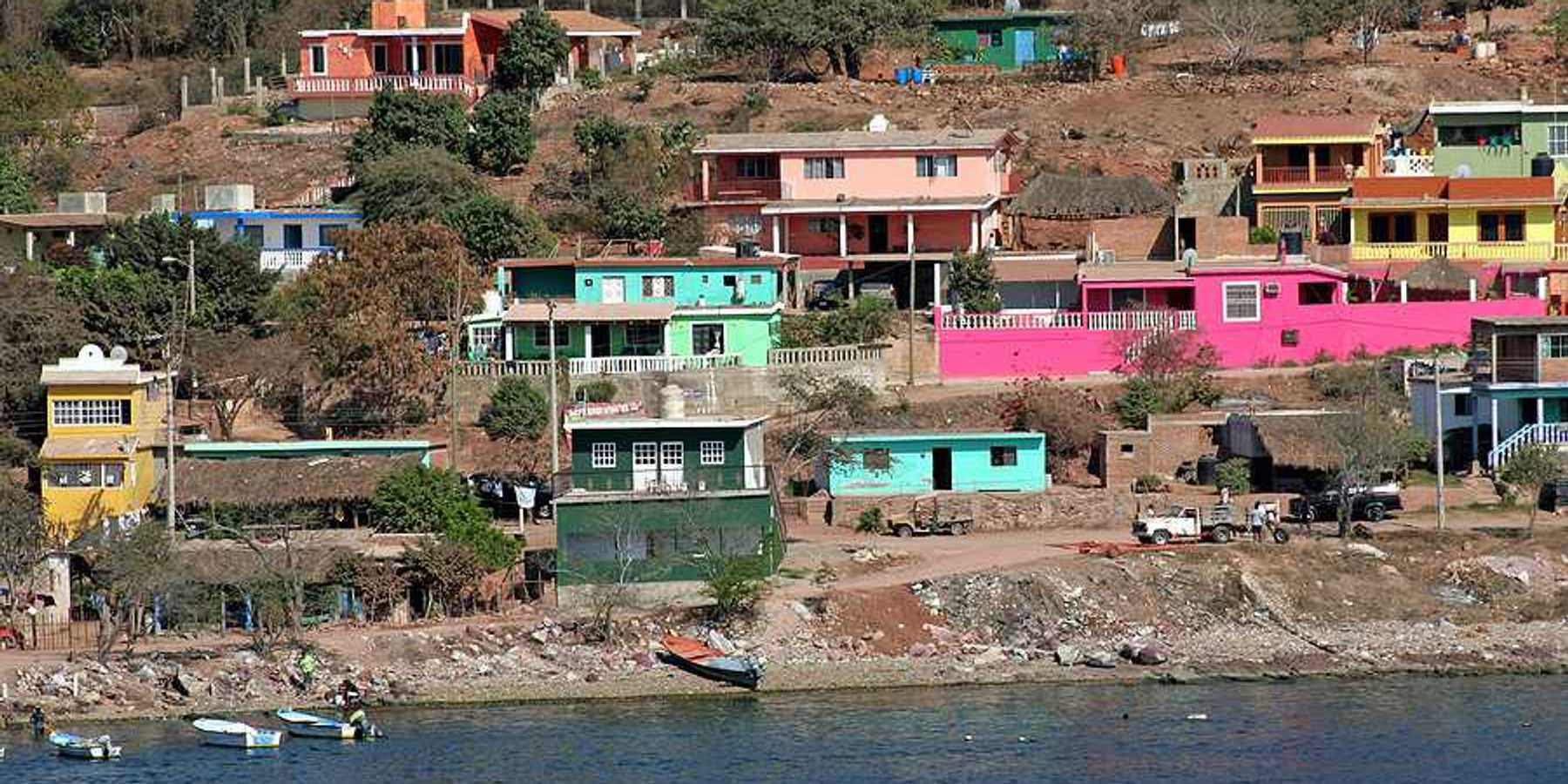Governments ramp up legal penalties to curb environmental protests
A growing number of countries are passing strict laws and imposing severe penalties on climate activists, escalating a global crackdown on nonviolent protests that target fossil fuel infrastructure.
Stuart Braun reports for Deutsche Welle.
In short:
- In Australia, over 170 climate activists face possible jail time or steep fines after blocking a coal port, following enforcement of a 2022 anti-protest law targeting disruptions of public infrastructure.
- Similar laws in the UK and Germany have led to prison sentences and criminal charges for environmental protesters, with experts linking these legal moves to fossil fuel industry interests.
- In the U.S., a jury ordered Greenpeace to pay $660 million in damages for its role in pipeline protests, reflecting a rise in corporate lawsuits aimed at silencing climate dissent.
Key quote:
"You don't have to dig very deep. The protesters are being targeted because they are a threat to fossil fuel profits."
— Oscar Berglund, senior lecturer at the University of Bristol
Why this matters:
From Australia to Germany, laws once reserved for organized crime or terrorism are now being used to prosecute nonviolent protesters. Laws meant to preserve order increasingly serve to protect the fossil fuel industry, often at the expense of democratic freedoms. As more activists face criminal charges, fines, or even death, crackdowns on nonviolent protest may suppress voices that play a vital role in pushing governments and industries toward stronger action on climate change.
Related: Fossil fuel lobbyists helped push anti-protest laws nationwide













